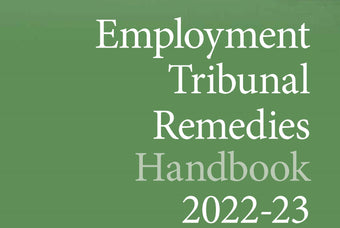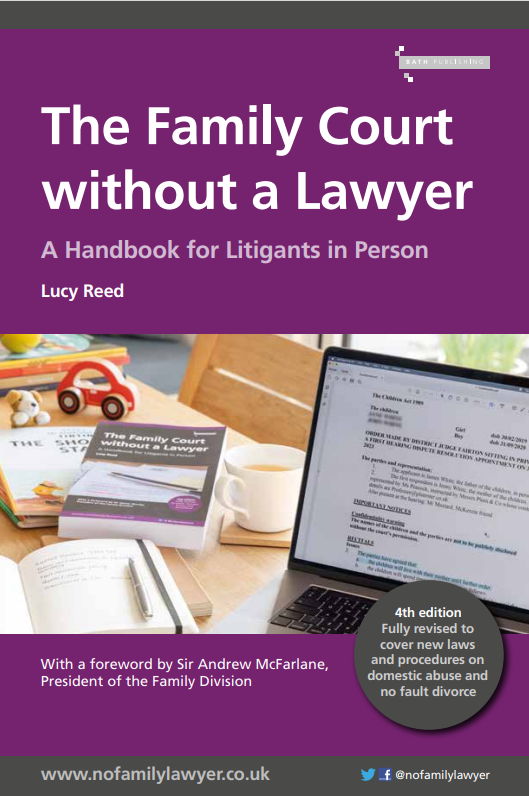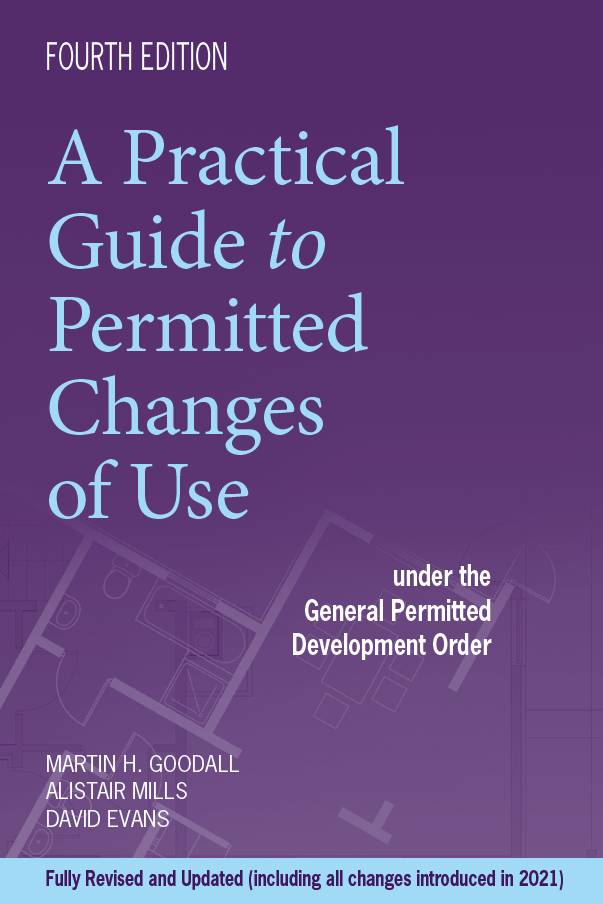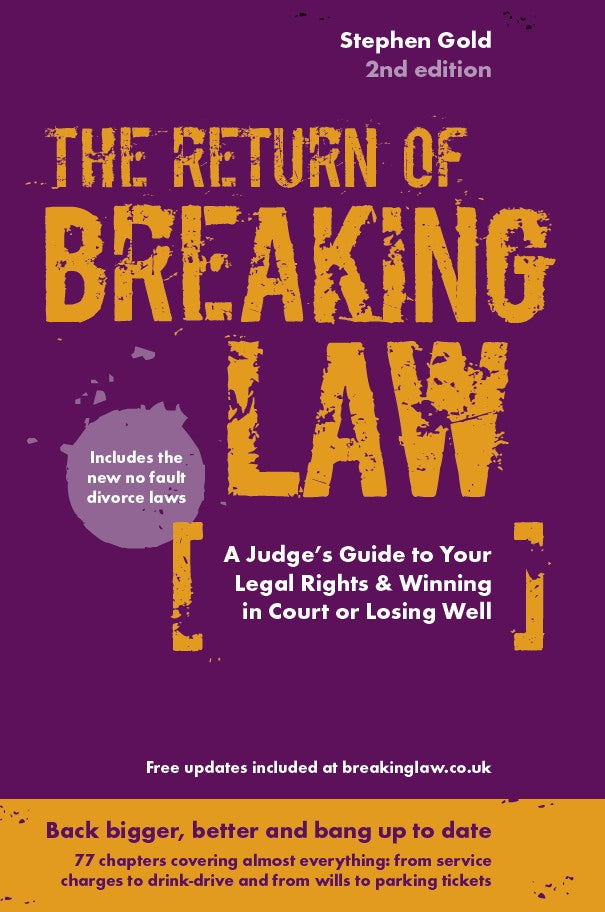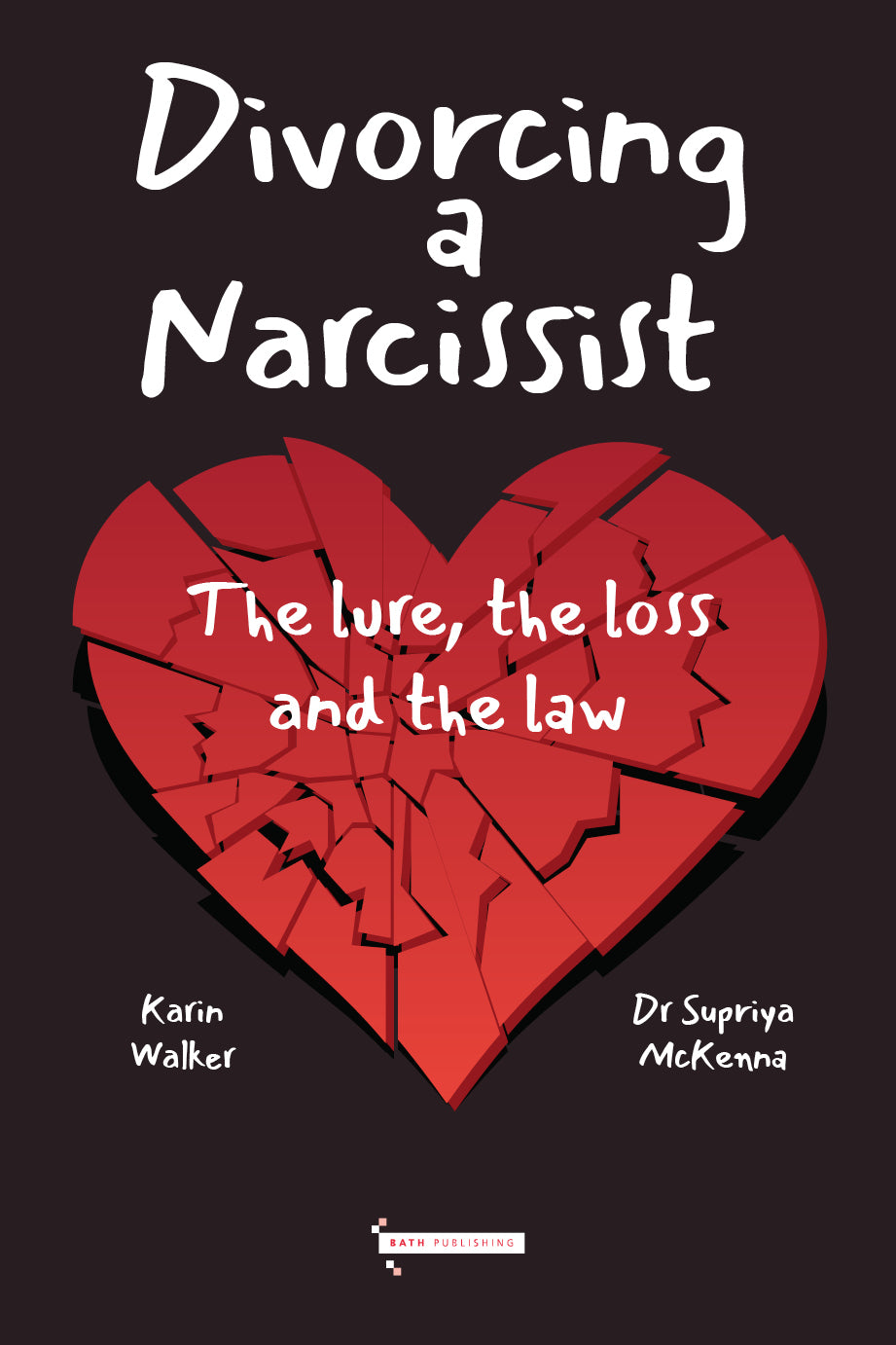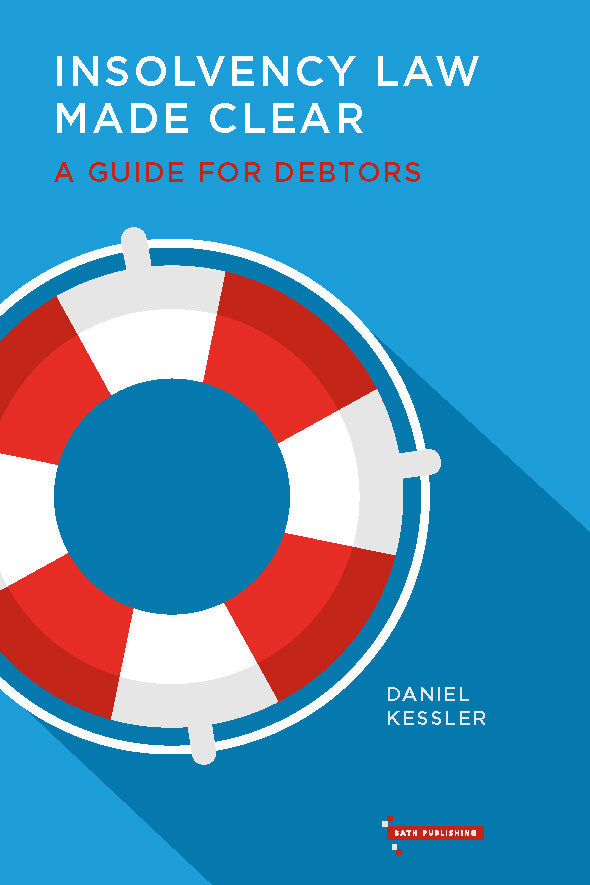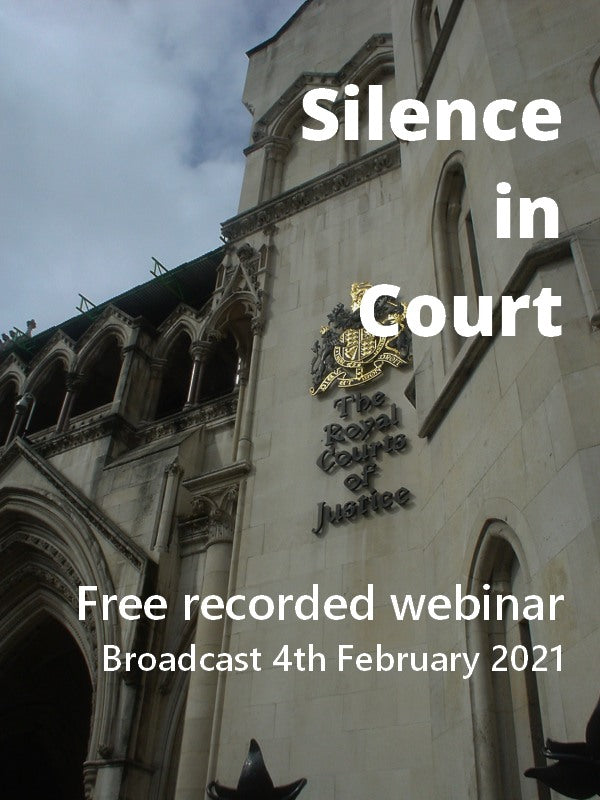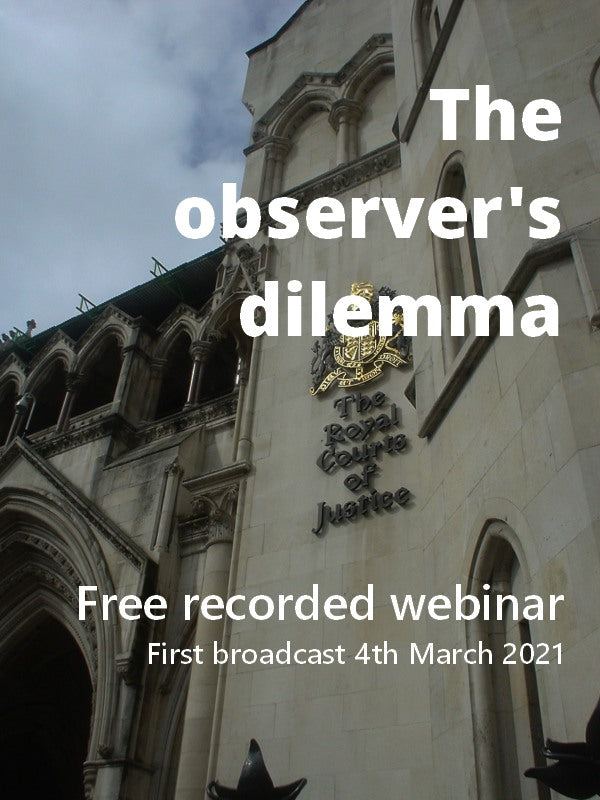This blog post is one of a series of extracts from Insolvency Law Made Clear: A Guide for Debtors, the plain English, practical guidance for anyone facing demands over a debt they are struggling to pay.
---------------
As a general rule, most bankrupts do not automatically lose their jobs if they are employed. If the bankrupt is a regulated professional – for example, an accountant or an architect – it may be necessary for the bankrupt to tell their regulator of the bankruptcy order, and their regulator would decide what happens next. Some employment contracts have a clause which says that the employee going bankrupt is a ground for automatic dismissal, although the employer is likely to have discretion about whether to use this right. In general, if an employee is dismissed automatically because they go bankrupt, this may be a ground for a claim for unfair dismissal in the Employment Tribunal. The reader is directed to David Curwen’s ‘Employment Claims Without a Lawyer’ for more information. Most bankrupts do not have to tell their employer about their bankruptcy, but this will depend on the terms of the employment contract.
In general, the Trustee in Bankruptcy will want the bankrupt to keep working. The bankrupt will sign an ‘income payment agreement’ (see below), and the bankrupt will need a job in order to be able to make the payments. A Trustee might even be prepared to write a reference to reassure a nervous employer or prospective employer.
---------------
Read more and buy the book here.








